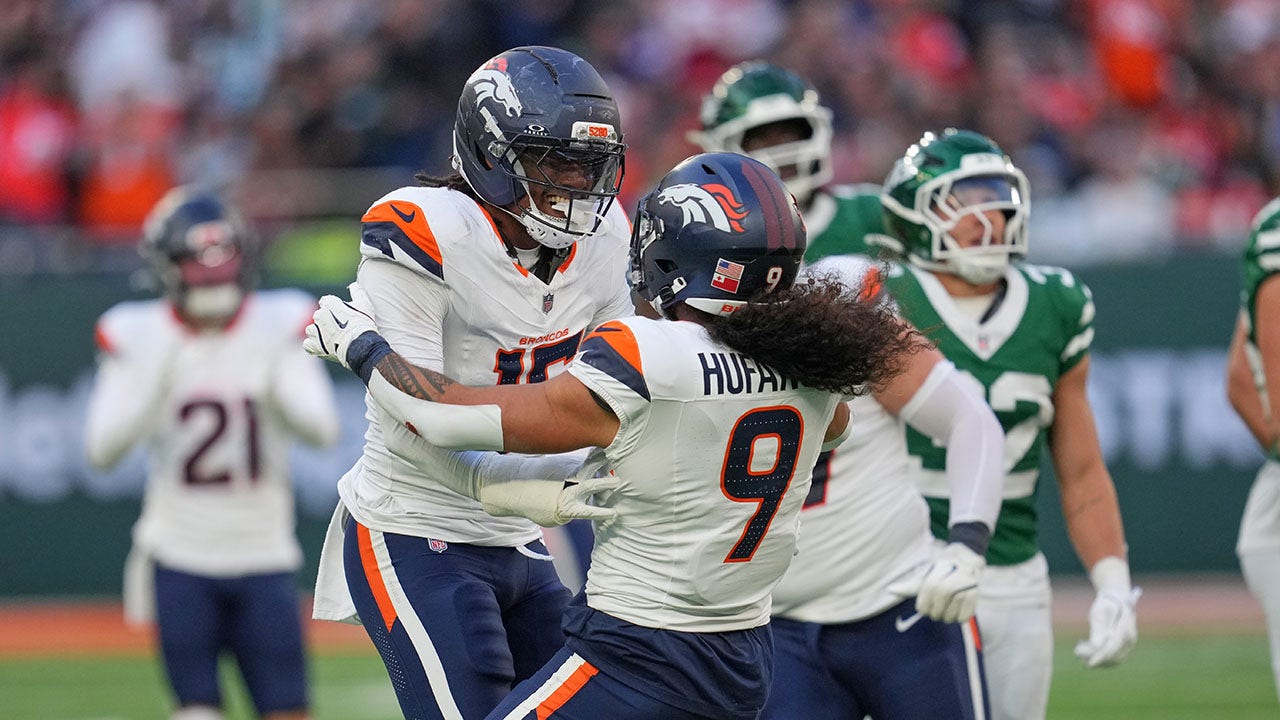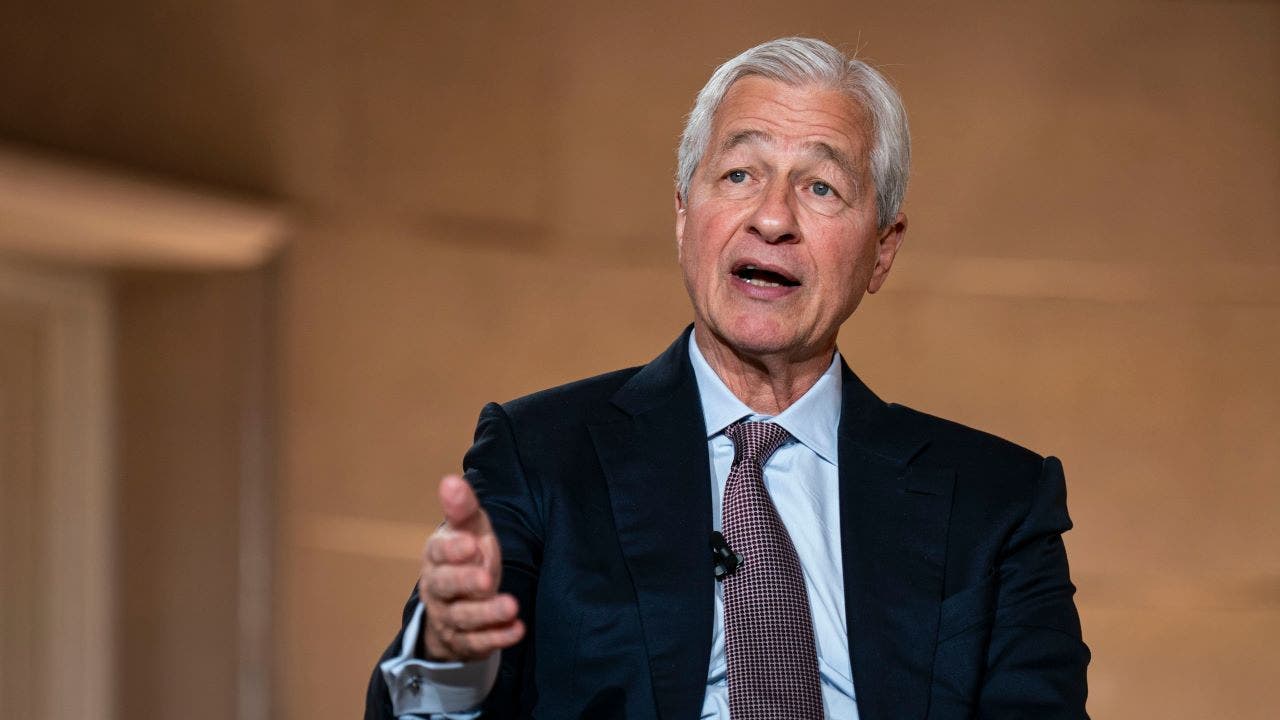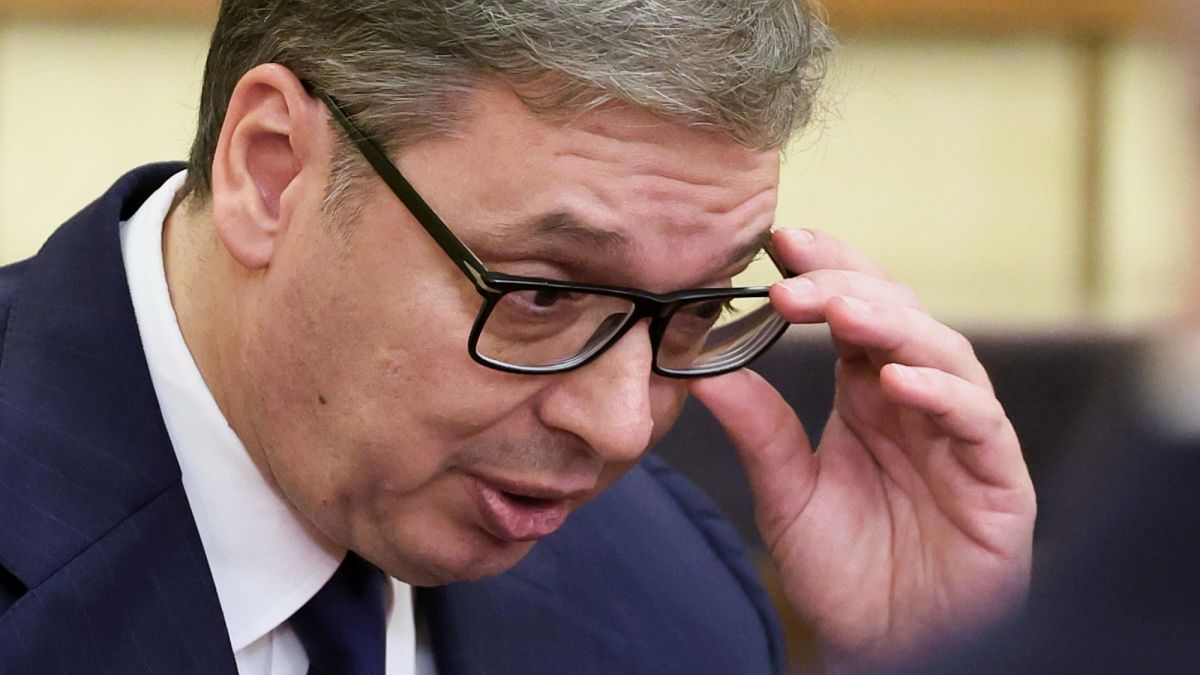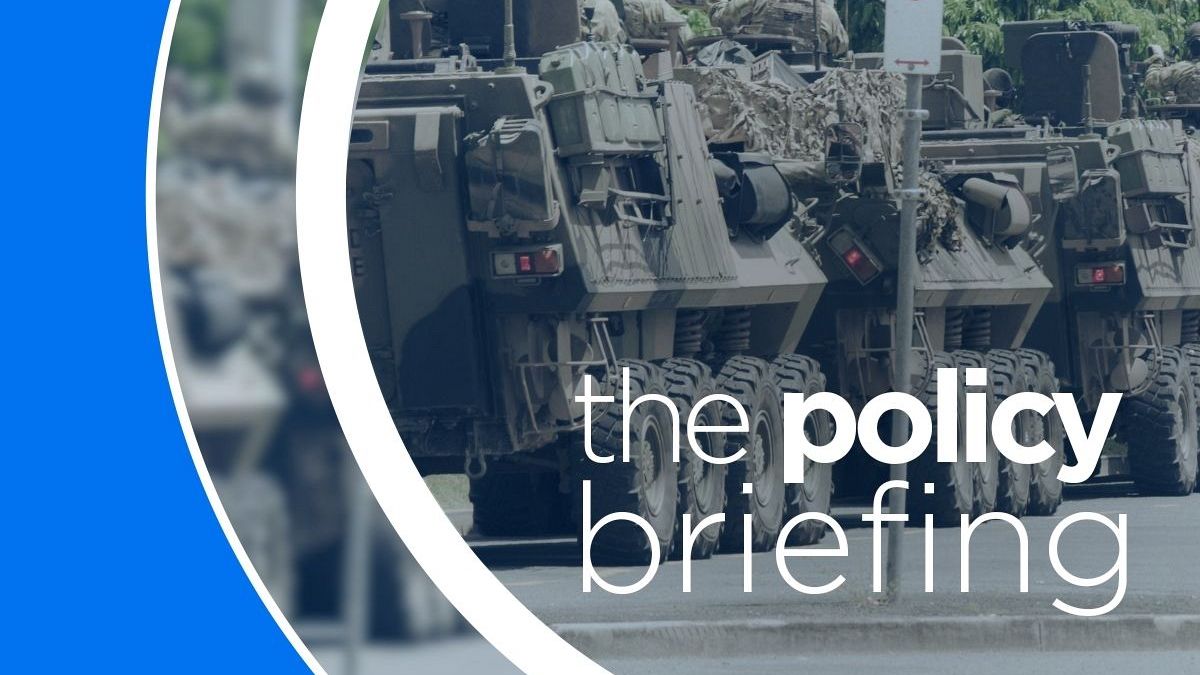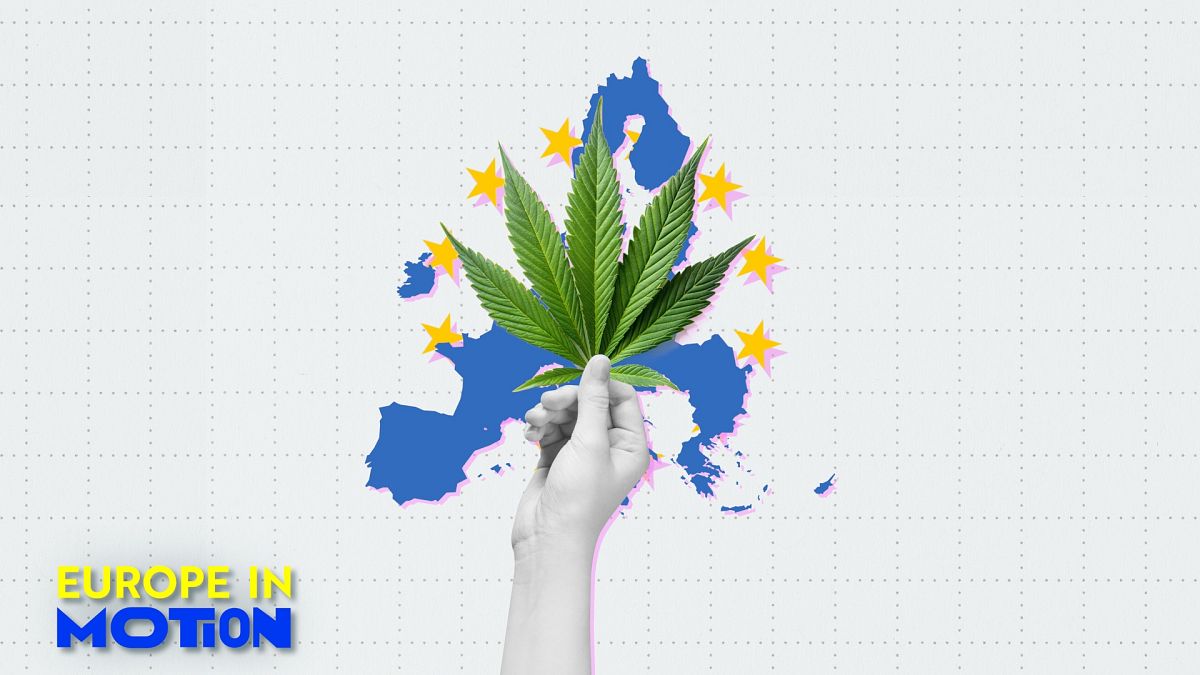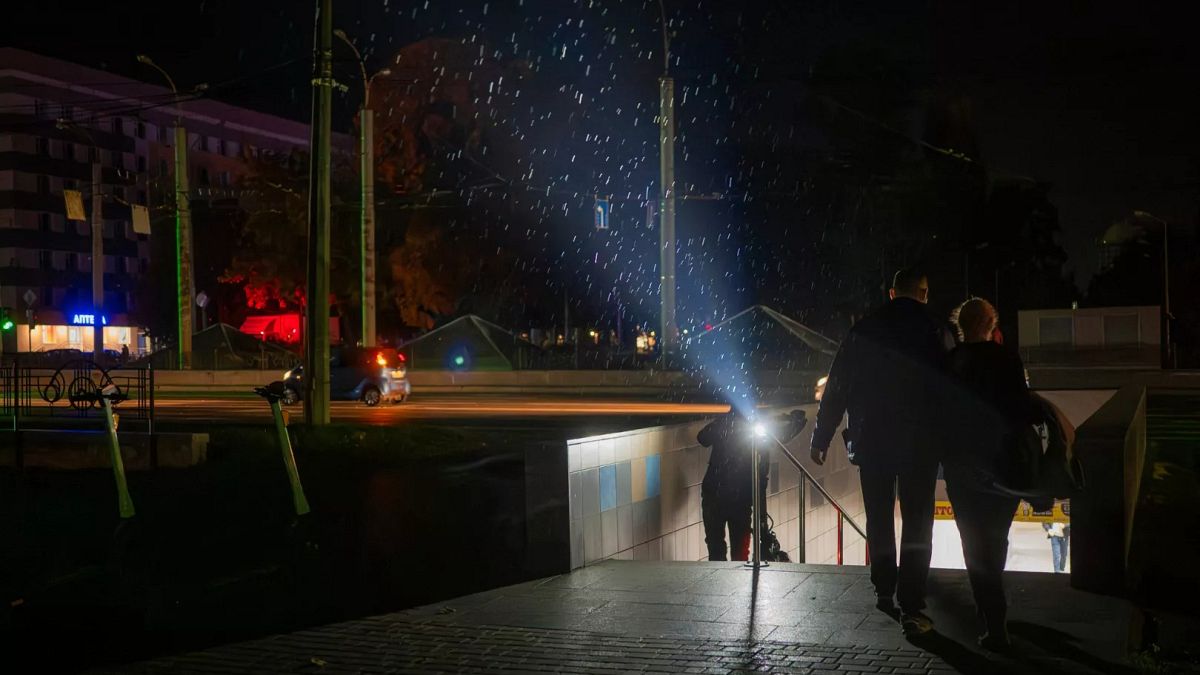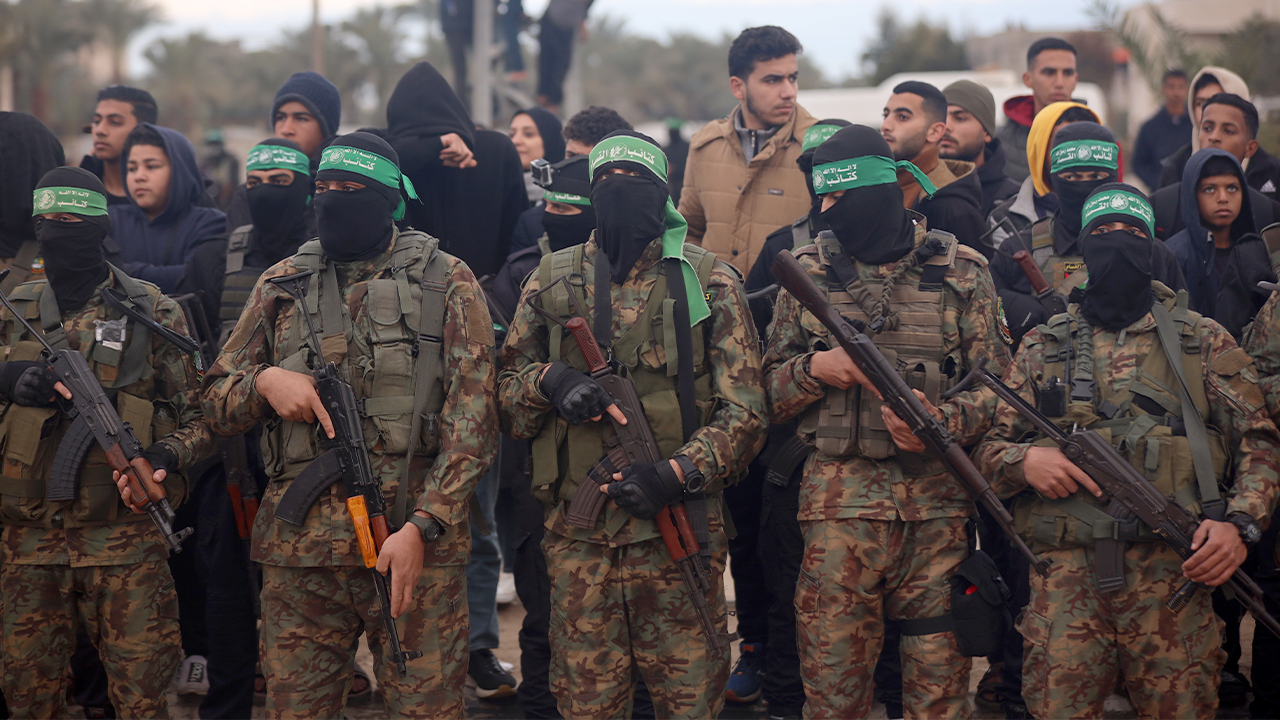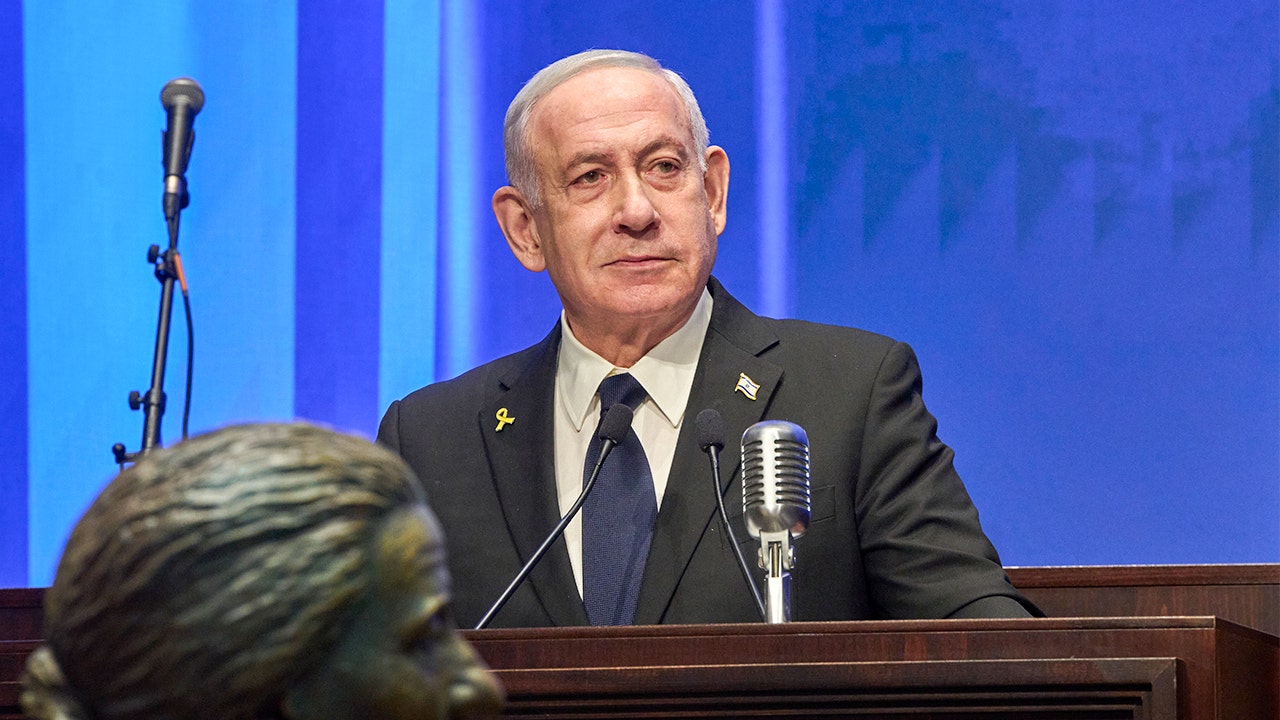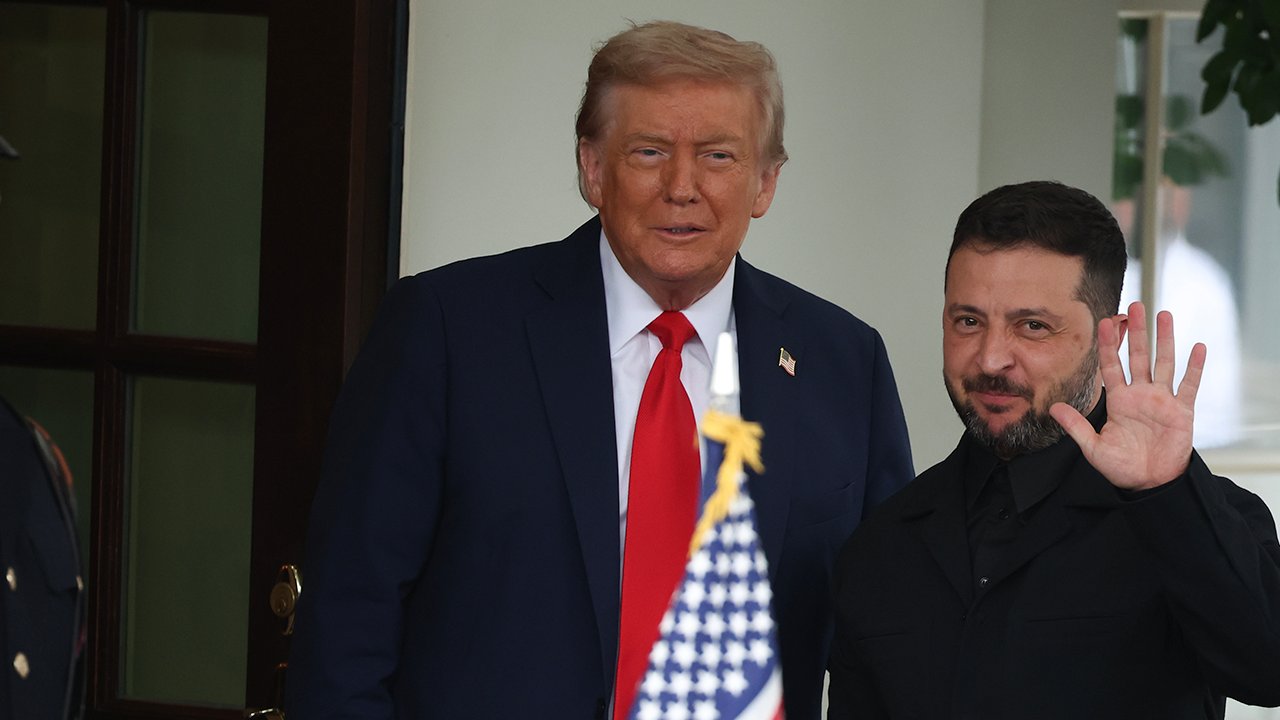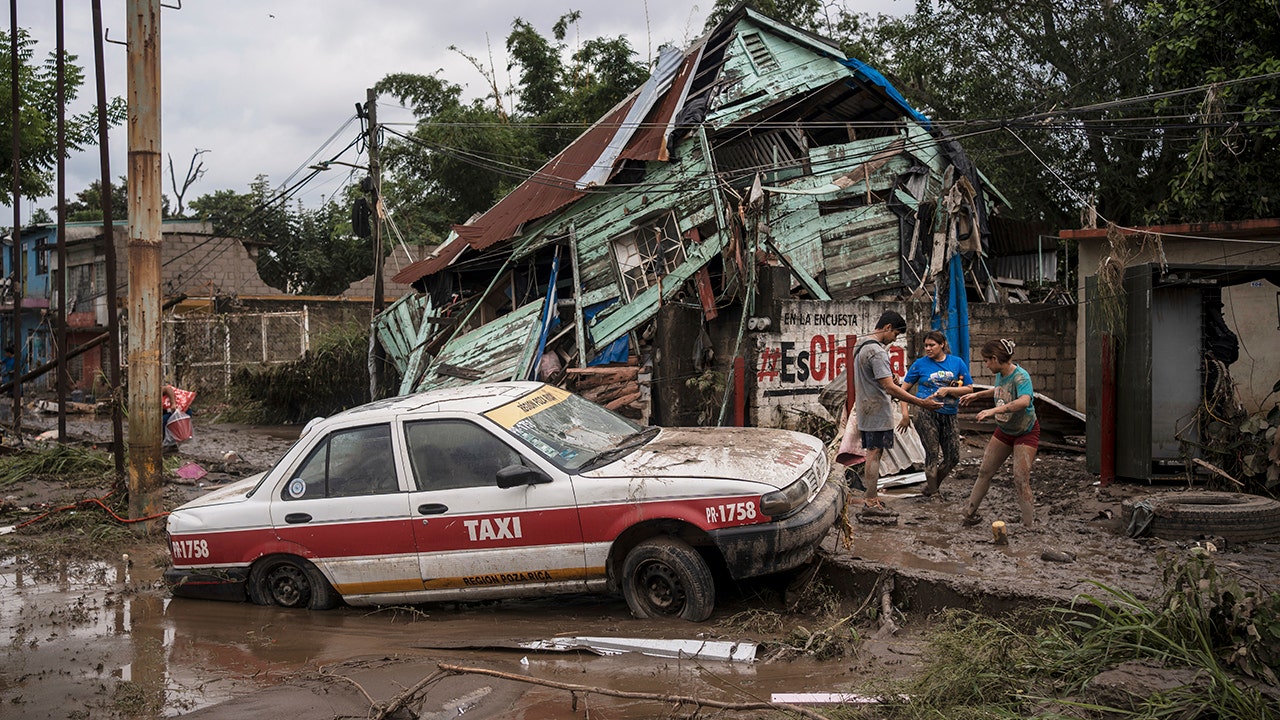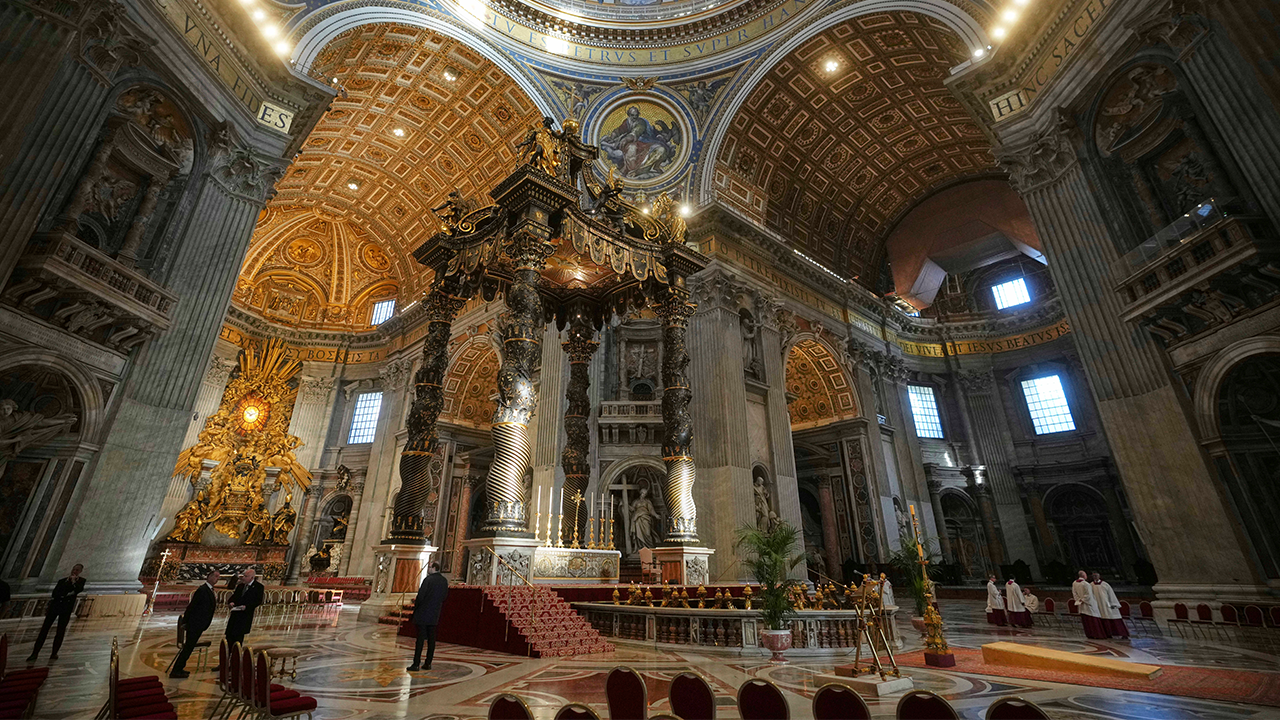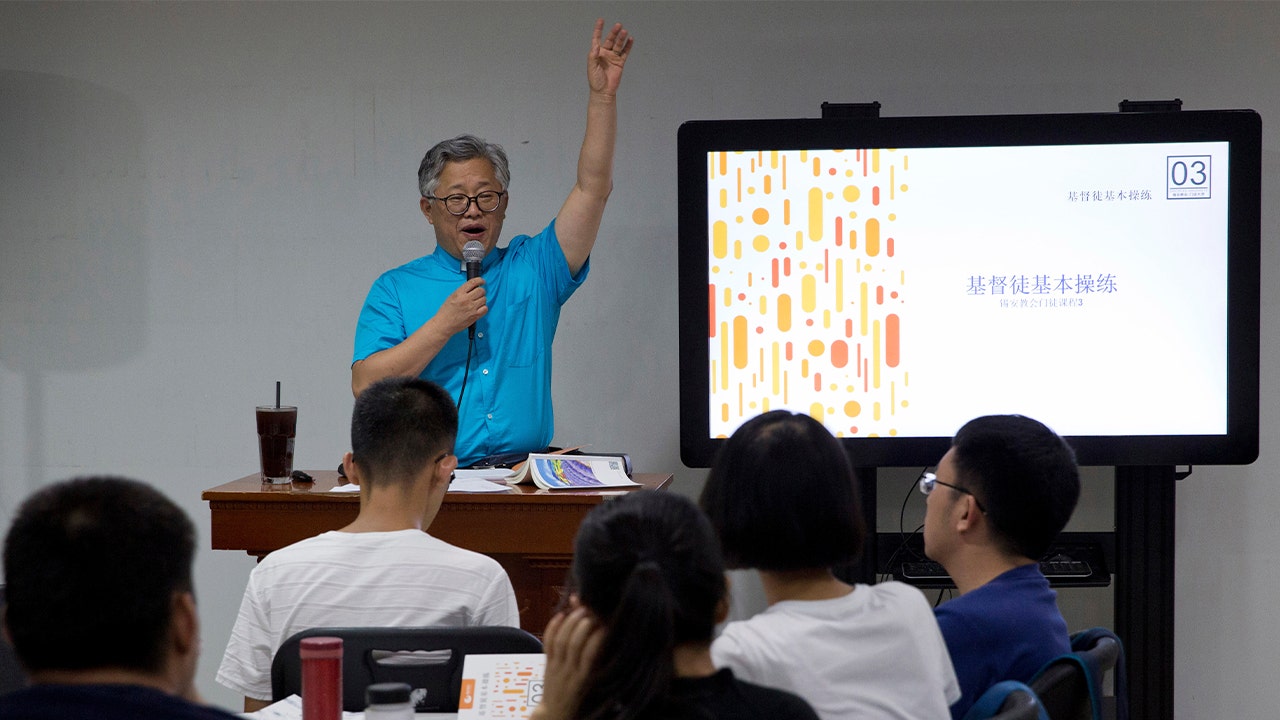ADVERTISEMENT
The European People’s Party (EPP) has decided to “initiate a scrutiny process” about associate membership of Aleksandar Vučić’s Serbian Progressive Party (SNS), EPP President Manfred Weber announced on Tuesday.
Mass demonstrations began in November, after a concrete canopy collapsed at the freshly renovated Novi Sad train station, killing 16 people.
Student protesters alleging corruption and negligence have demanded that the president resign. Lately, protestors have complained about police brutality, excessive force, and sexual harassment against opposition activists.
Vučić and his ruling SNS have rejected calls for early elections, accusing protesters of seeking to incite unrest.
“The EPP has not turned a blind eye to what is happening in Serbia,” Weber told reporters in Strasbourg.
Vučić’s SNS is an associate member of the party family, as Serbia is an EU candidate country. Associate Member Parties have close links and shared values with the centre-right organisation, but with limited voting rights.
Vučić’s policies are creating tensions inside the EPP, Euronews learned from several sources within the party.
“This is creating a debate inside the EPP family, you can imagine. And as EPP, we are aware of the developments, we see the pictures, we see the developments there,” Weber told Euronews.
Weber said that the investigation into SNS membership would be by an EPP working group and would take place “in the coming days”.
Criticism of Serbia is growing inside the EPP
The EPP has also been critical of the close ties between Vučić and Russian President Vladimir Putin.
Despite the full-scale invasion of Ukraine and the EU’s sanctions policy, the Serbian President decided to maintain close ties with Russia, highlighting historic links with Russia and energy security. On 9 May, Vučić joined Vladimir Putin in Moscow for Russia’s Victory Day parade, raising eyebrows in Brussels.
An EPP source told Euronews that there are many discussions inside the party family about how to handle Vučić’s membership.
Vučić’s handling of opposition protests and his ties to Putin and Orbán pose a problem for the EPP, the source said. On the other hand, many inside the EPP think that communications channels with Vučić should be kept open, and keeping the SNS’ associate membership could contribute to this.
The absence of Vučić from the EPP Valencia Congress was a sign
The source told Euronews that the party leadership had worked hard to downplay SNS involvement in the party’s Valencia Congress, where most of the EPP-related heads of state and governments lined up in a show of strength.
Vučić, as the head of state of Serbia, would have been eligible to speak, but the source said that EPP headquarters wanted to avoid this.
Vučić didn’t travel to Valencia, where party president Miloš Vučević represented the party. “Finally, Serbs were not visible [there],” the source added.
Weber told Euronews that Vučić’s decision not to attend was his alone.
“All member parties and associate members are equally invited, and it’s their free decision if they join or not. Vučić decided not to come,” Weber said.
A second source from EPP said that within the EPP, it was widely hoped that Vučić’s party’s membership would go unnoticed.
Vučić was in a push to defend his record in Europe
Euronews has sought comment from the SNS.
In an interview with Euronews, Vučić said that Serbia’s future is in the European Union. Defending his record on dealing with the mass demonstrations, he said he is ready for dialogue. But he blamed demonstrators for the violence on the streets.
“Any kind of violence that we saw in the streets is not good for this country. If you see someone setting fire or throwing stones against the premises of the ruling party or attacking people who were sitting inside and discussing their own issues, this is not a good image.”
Despite accusations of law enforcement using excessive force, Vučić backed the police, saying they remained calm despite direct threats of violence by the protesters.
“The reaction of Serbian police to that of other big EU police (forces) is almost incomparable,” Vučić said.
The Serbian president also visited Ukraine for the first time since the start of the full-scale invasion in June, in a show of support.
But criticism towards the policies of the Serbian government is growing in Europe: The European Parliament is hosting a debate on Tuesday evening about the ongoing use of force against protesters in Serbia with Enlargement Commissioner Marta Kos.
The European Green Party has accused Vučić of escalating repression of protesters, media, politicians, and freedom of speech. The Greens also called on the EPP to press for free elections in Serbia.
Read the full article here



